With reports that Apple's iPhone 5s will be severely constrained at launch, the company is now thought to be looking to an existing MacBook Pro unibody shell supplier to boost yields of the smartphone's metal casing, one analyst says.
Dovetailing with reports earlier on Tuesday that launch day iPhone 5s inventory will be "grotesquely" low, KGI securities analyst Ming-Chi Kuo said in a research note obtained by AppleInsider that Apple will try to boost capacity by extending metal case orders to Catcher, the company's current supplier of MacBook Pro unibody chassis.
Low yields of the iPhone 5s' metal case, especially the gold color option, and construction time associated with advanced components like the Touch ID fingerprint sensor are thought to be behind the allegedly constrained inventory.
The supply chain diversification is not expected to ramp up until 2014, however, meaning supply constraints may continue for some time.
According to Kuo, Catcher will start mass production and shipment of the iPhone 5s metal casings in the first quarter of next year, taking an 8 to 13 percent share of shipments for the period. Currently, Foxconn handles a bulk of casing production, with some industry watchers concerned the manufacturing behemoth will leverage its position as the handset's EMS supplier to nab all orders for the iPhone 5s. This is thought to be unlikely, Kuo said, as Foxconn itself is also trying to diversify, lessening its reliance on Apple.
With other Apple partner manufacturers handling metal shell production for the iPad, iPod and MacBook Pro, Catcher is seen as the most probably choice for expansion. For example, Casetek, which recently took on more responsibility for iPad mini case construction, is less likely to grab any part of the iPhone 5s' orders.
Exacerbating the alleged iPhone 5s supply constraints is Apple's expected continued reliance on metal, or more specifically aluminum, as its mainstream casing material for future devices set to roll out in 2014. Although it has been speculated that Apple will revamp its product designs to include carbon fiber or sapphire parts, Kuo believes the advantages of metal will keep the material relevant for the coming calendar year. Key benefits include flexibility with sophisticated form factor design, surface treatment options and cost.
Finally, the analyst notes Apple needs higher capacity output due to low yield rates for the popular gold and space gray iPhone 5s casings, color options that were both introduced this year. Kuo reiterates his expectation that iPhone 5s shipments will outstrip those of the iPhone 5c.
 Mikey Campbell
Mikey Campbell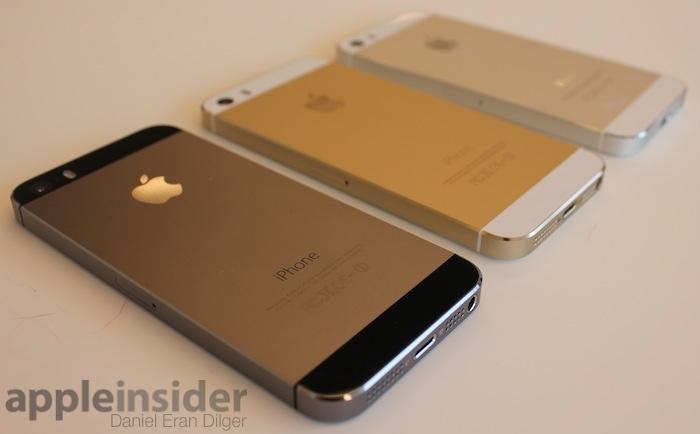
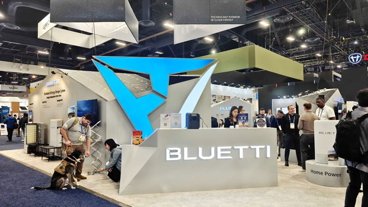
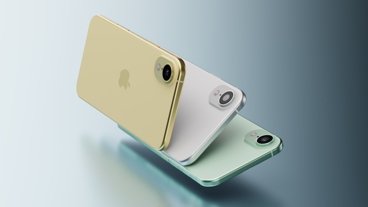



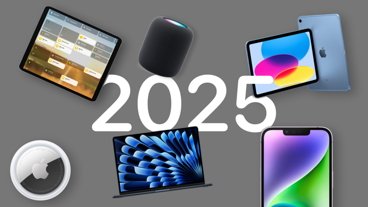
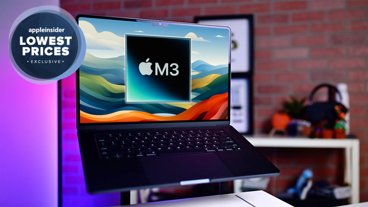
-m.jpg)






 Malcolm Owen
Malcolm Owen
 Marko Zivkovic
Marko Zivkovic

 William Gallagher
William Gallagher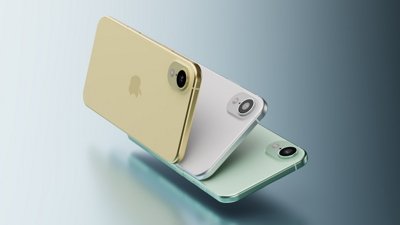

 Andrew Orr
Andrew Orr
 Christine McKee
Christine McKee

-xl-xl-m.jpg)








56 Comments
I cannot see a reason why the gold or space gray casings would have lower yield than the silver or black. Anodizing is a very well understood process.
FUD
Another good reason to mix up the lineup with plastic.
The casings are identical to those if the iPhone 5. This report makes absolutely no sense. None. Zero. If (huge if) Apple had an issue with any particular casing, they'd just make more of the one case they had no issues with (Silver) and dump those on the market since they'd sell perfectly well until the other cases could be produced with better yields. The touch sensor production issues make more sense to me since that's a new part. Remember the white iPhone 4 delays? They couldn't get the white glass just right, so instead they dumped black iPhone 4's on the market and they sold all of them.
5c --- high yield but low demand, marketing problem
5s --- low yield but high demand, supply chain problem
Tim Cook can't do it worse !